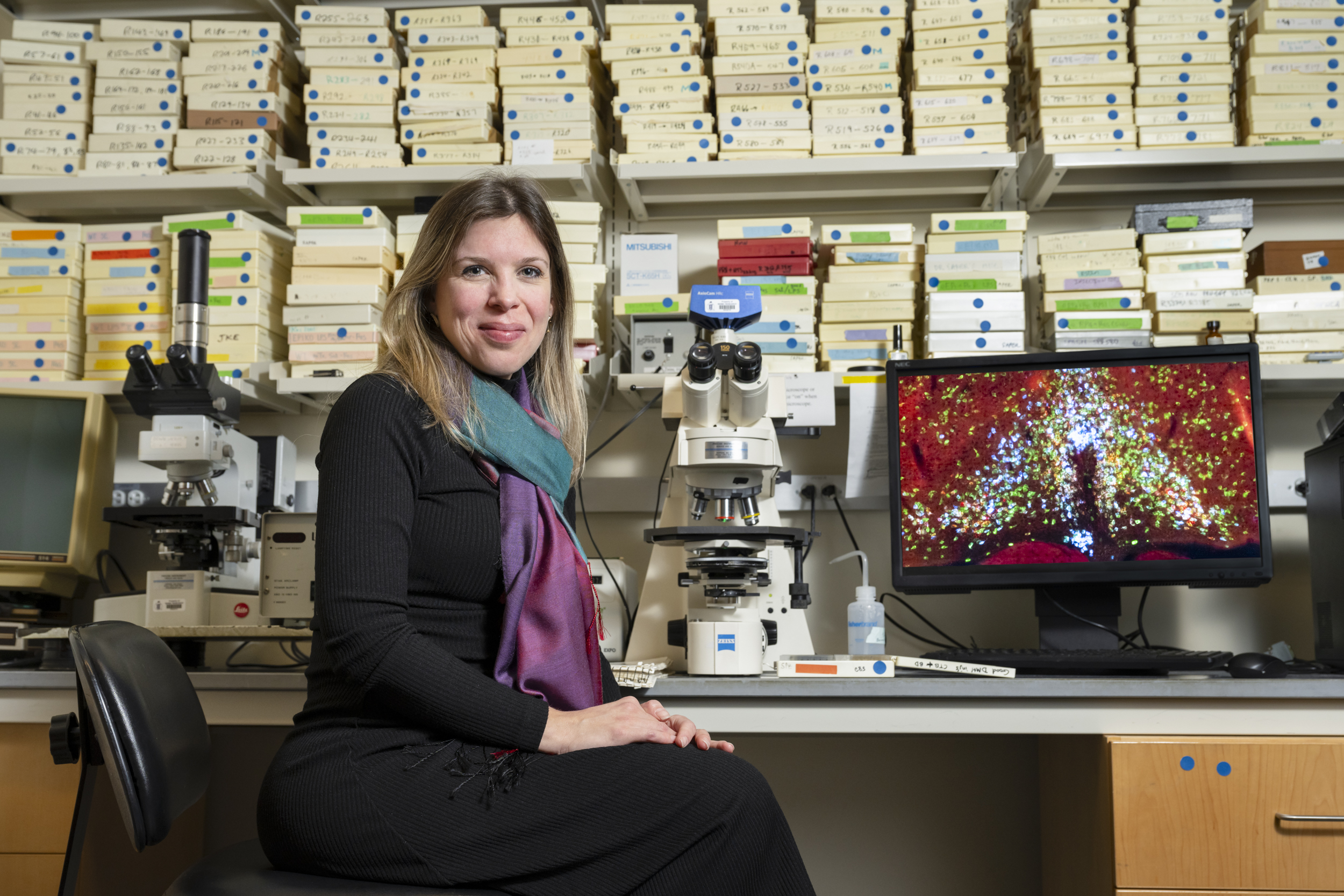Staff Scientist , Beth Israel Deaconess Medical Center

Our research focuses on the intricate mechanisms that govern physiological and behavioral responses to various stressors. We use genetic-driven neural manipulation methods to elucidate and disrupt the neural circuits recruited during immune challenges, food deprivation, or psychogenic stress. We also apply these innovative approaches to map out the brain circuits and identify genetic markers linked to specific groups of neurons that control thermoregulatory, autonomic, metabolic, or behavioral responses.
We have spent the most recent years examining how some animals can lower their body temperature and metabolic rate in response to food scarcity and harsh weather conditions to enter a torpor or hibernation state. And, on the opposite direction, how mammals can also engage thermogenic responses to fight against the replication of microorganisms or to provide additional support to prepare the body for fight or flight. As a result, we identified a unique set of neurons that not only cause fever but are also necessary and sufficient for producing torpor in mice. This finding allows us to study selectively the brain circuits and physiological mechanisms that cause torpor, which can be used to induce hypothermia for therapeutic purposes. Moreover, this key thermoregulatory population may have a broad control of metabolic and thermoregulatory systems, which may guide the development of approaches to treating obesity and metabolic dysfunction.
